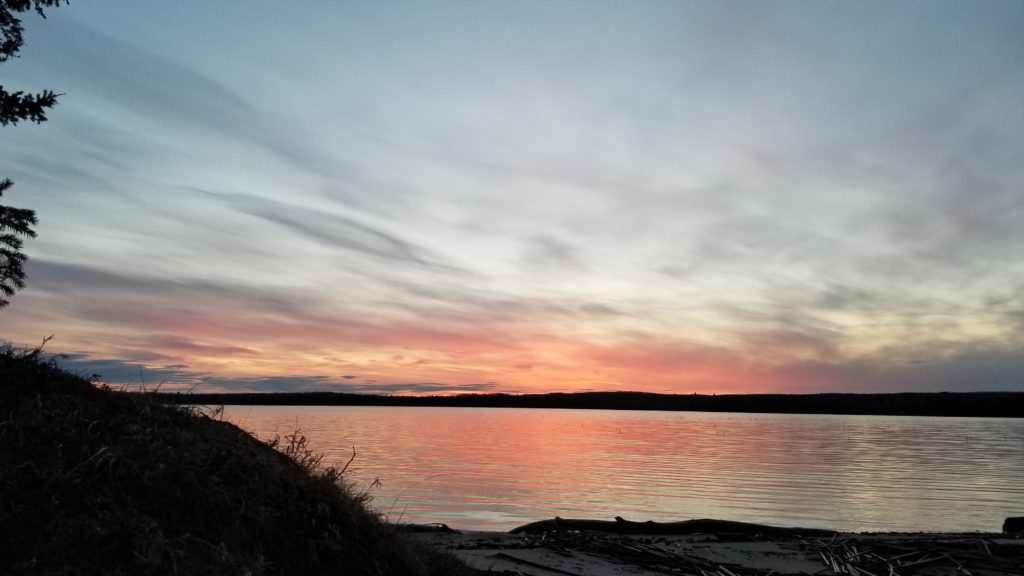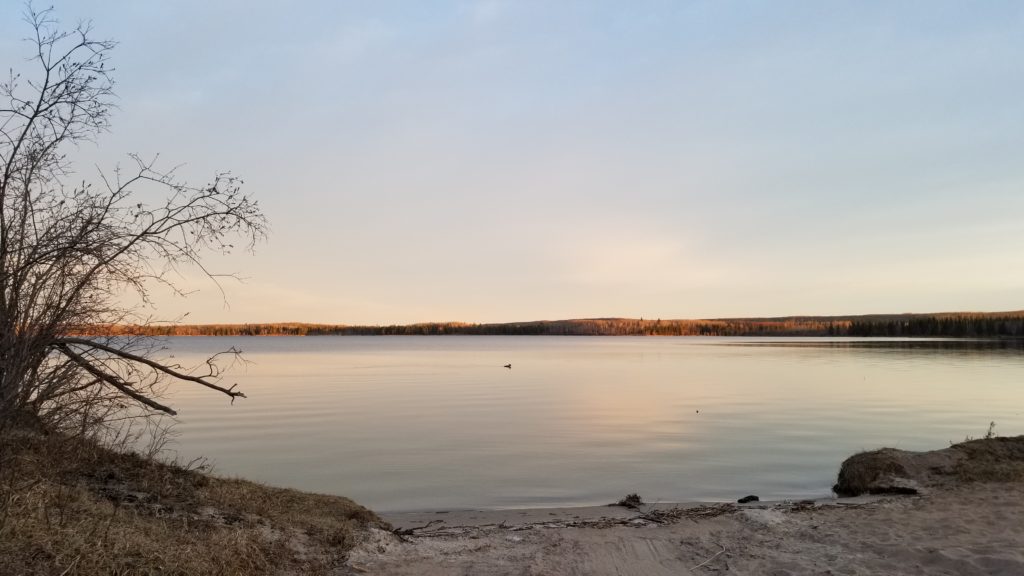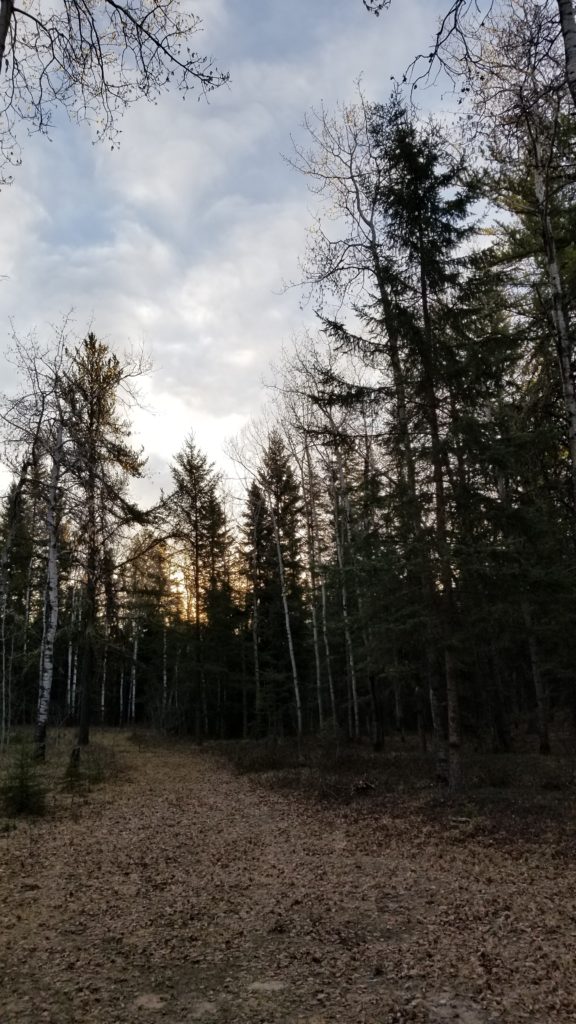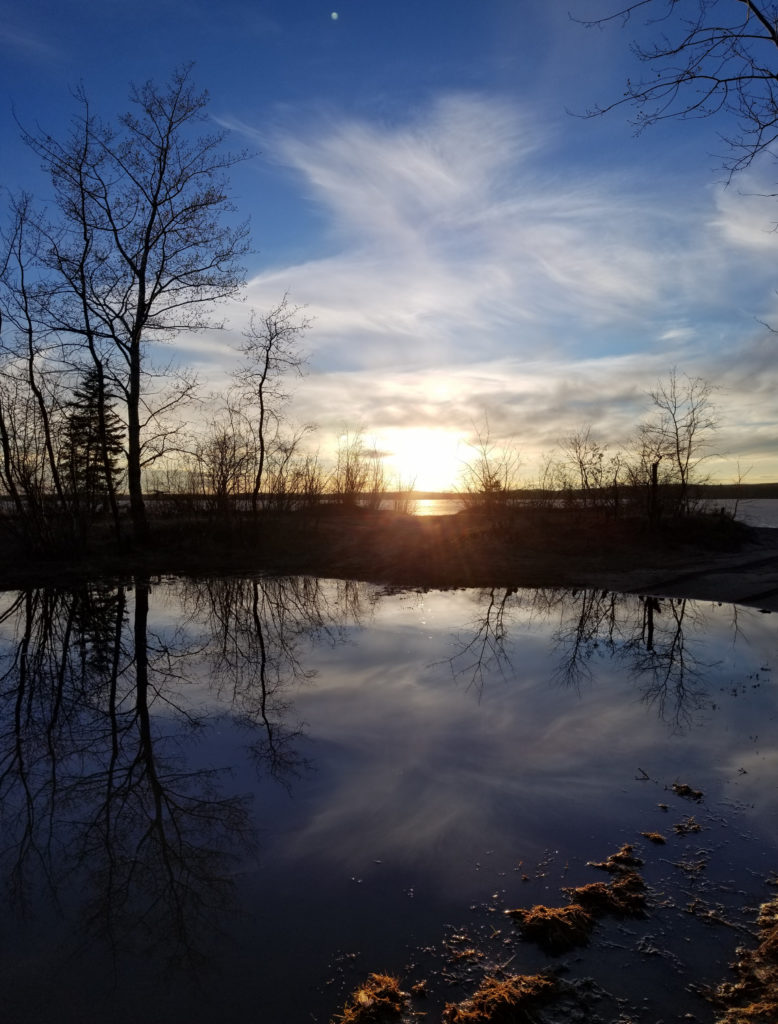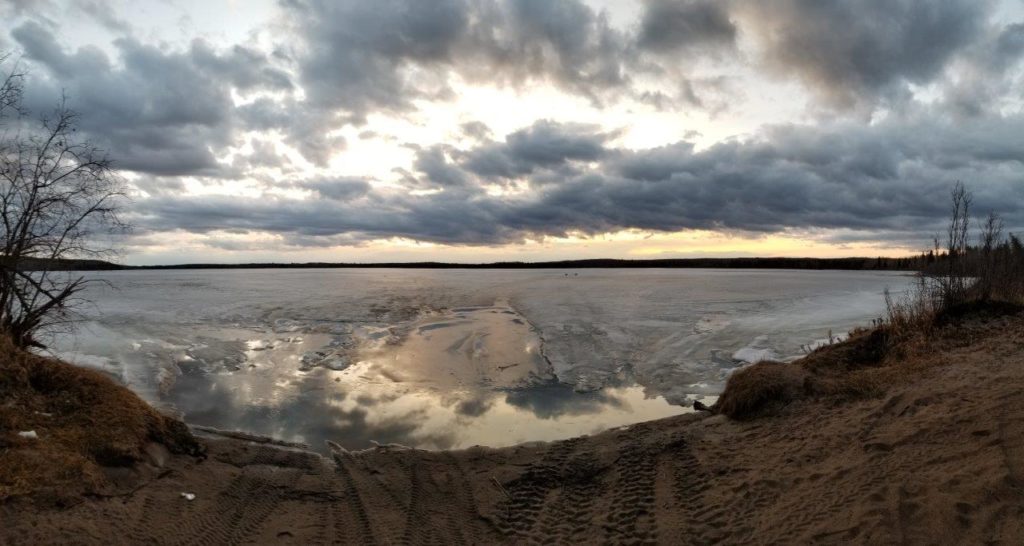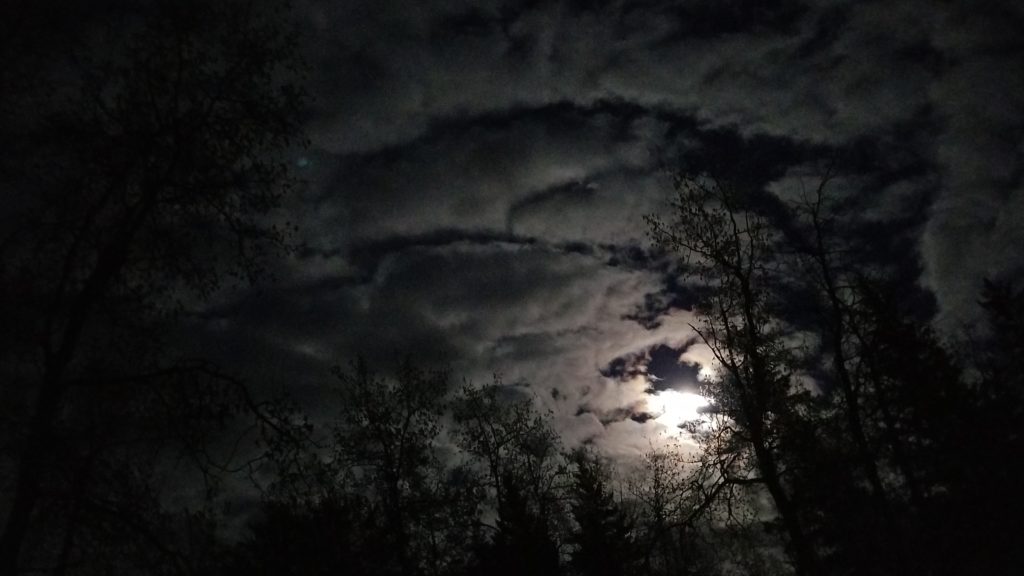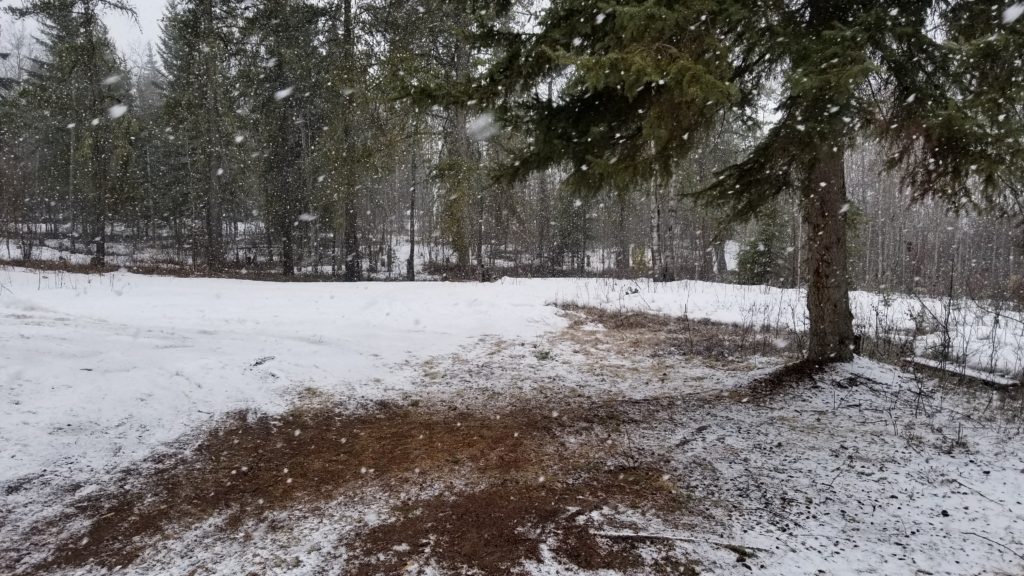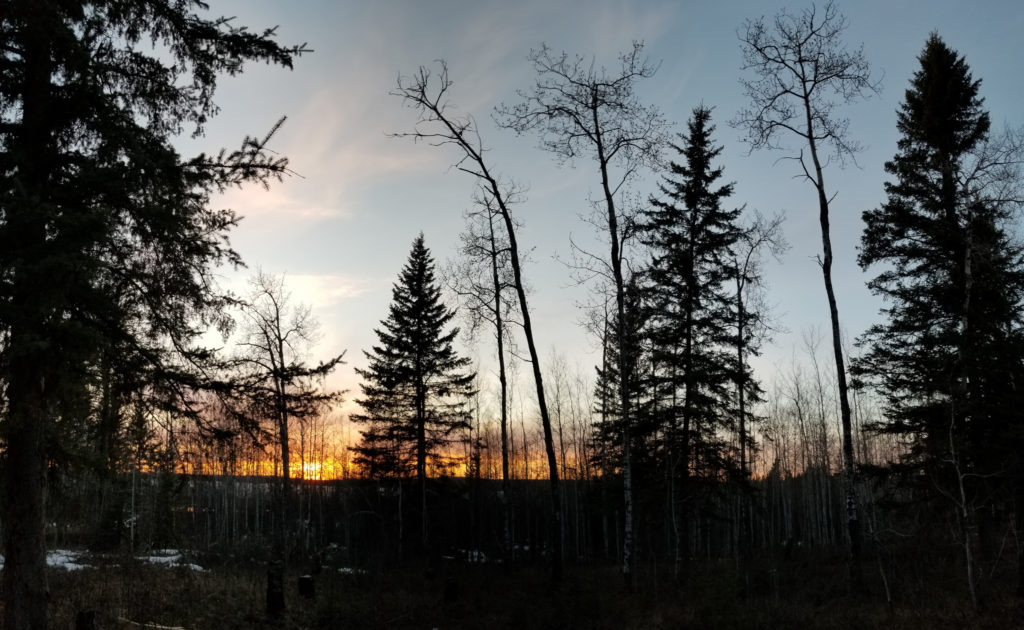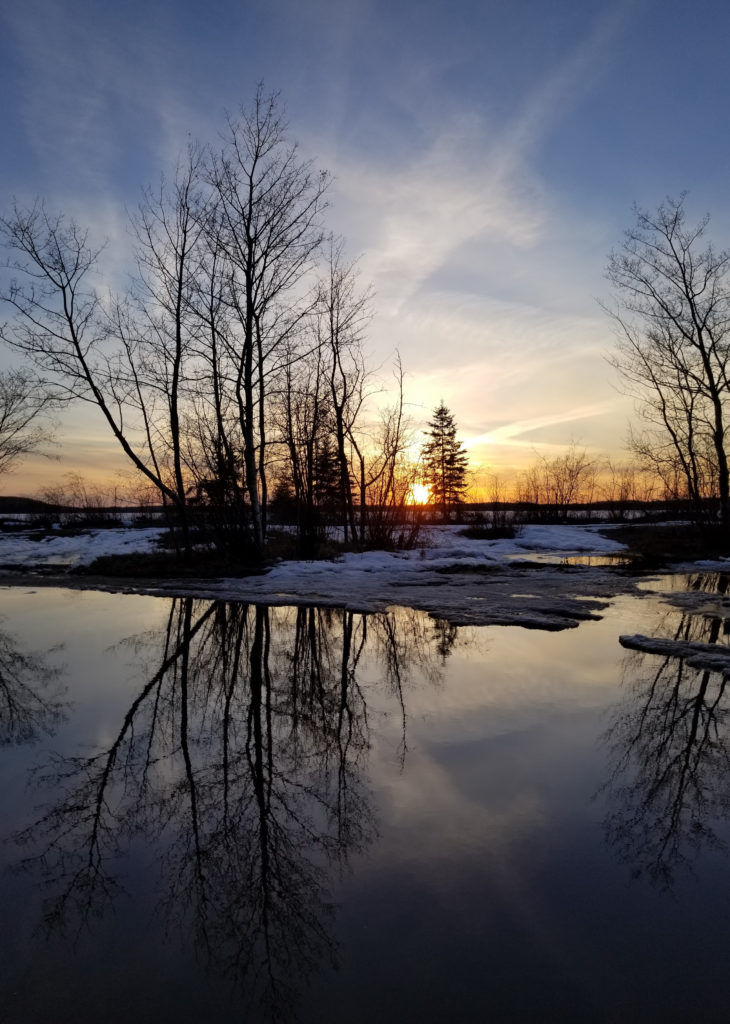2019 May 05, Easter 3
Winston Churchill once said: “[People] occasionally stumble over the truth, but most of them pick themselves up and hurry off as though nothing had happened.”
The Light of Christ is alarming, blinding, and demanding. Often we try to control what part of the Light, what part of Jesus’ story, what part of the awful freedom of forgiveness we acknowledge.
Other times we entirely deny the Love of Christ that shines a light into every darkness, exposing all our secrets and revealing every hidden truth. Instead we choose to slip back into the convenient darkness of our daily lives.

Jesus does not give up on us. He keeps showing up to get our attention. Have you seen Jesus talking? Or God giving a lesson? Or have you seen the crimson blood of Christ wash the stain of sin away to leave a person fuller white bright? For 200 years no one in England reported that they had, and then came Julian of Norwich who we commemorate this week.
While the Black Plague, the Peasants Revolt, and the suppression of the Lollards devastated the English countryside, Julian lived a mystic’s life, profoundly assured of God’s care and love as few people in all of history.
In the face of so much evidence that death, raw evil, and sin had the world in its control, she famously quoted Jesus in her vision, “All will be well. All will be well. All manner of things will be well.”
These simple words have given a thin thread of powerful hope to people in the most desperate situations. Among others, I know that it helped a young mother of two teenagers, living in Germany, stay alive. She was struggling to stay sane after years of abuse by her husband, when he had secretly already started another family with a much younger woman.
Julian wrote “God is nearer to us than our own soul”. God sees us as perfect and waits for the day when evil and sin will no longer hinder us.
Throughout these 7 Easter Sundays we keep in mind Jesus’ command to “Love one another as I have loved you.” It will be part of the Gospel in two weeks and we know these words contain everything else in Jesus’ story.
In today’s readings we hear how Jesus continues to surprise people with visions of his love.
Jesus in a vision astounds Saul of Tarsus. A well educated Pharisee and righteous under the law for himself, Saul is dedicated to God. He stones and arrests followers of Jesus to cleanse the synagogues of them. Then the Light of Christ finds him. Saul has a vision of Jesus telling Saul he is persecuting Jesus himself. Blinded by the Light, Saul needs help from others to regain his sight. When he does Saul is baptized as Paul.
After 3 years of study Paul spreads Jesus’ story of the Love of God around the shores of the Mediterranean Sea as far as Rome itself. In Paul’s writings to his congregations to encourage their faith we have the earliest accounts of the Christian faith, which we receive, practice and proclaim today.
Our reading from the Book of the Revelation to John reminds us of what danger and persecution the early Christians faced. Any author, carrier, or reader of Words about faith in Jesus, if caught by the Romans, would be put to death. Difficult to produce and therefore very precious, the writings would also be destroyed.
To preserve the writings (and the people) the writing’s content was codified. The codes, colourful and out of this world, were popularly used by Christians but not understood by their Roman persecutors. Today we can estimate much but do not fully know their code. Revelation is the only one of these many writings accepted into the New Testament.
Written to inspire, comfort, and encourage faith in people who were mercilessly persecuted, Revelation has touched the hearts of desperate people through the generations and even today!

Today Jesus still appears in visions to people, though perhaps as rare as in Julian of Norwich’s time. I personally know only one sacramental mystic to whom Jesus appears in the ordinary things of creation: in Light, in Truth and in Grace, in visions both troubling and comforting.
This mystic’s experience is quite like the disciples’, who, having encountered the awesome, fearful truth of Jesus’ death and resurrection, return to something familiar. They go fishing. Then Jesus appears, hardly recognizable, and asks them to fish on the other side of the boat. The results overwhelm the fishers and their nets, and open their eyes to who has spoken to them. Ashore he feeds them from their spectacular catch and with the bread of life. They leave the nets and resume Jesus’ ministry healing people with God’s love.
In the stories of the Fishers and of Paul, in stories codified to preserve them and in Julian’s visions and counsel, and in the words of mystics of all times, the constant in all of them is the brightly shining love of God.
This Love was exercised at great expense by Jesus for us, and by many who have gone before us and who handed on the faith to us.
Jesus’ love story is not a benign story, it is not a safe story, it is not an easy story to get right. It is always a story of how we are to love one another as Jesus loves us.
At age 60 James Mitchner, a man of grand words and acquaintance of powerful people everywhere, including many US presidents, told a story about the most influential person he ever met.
At 7 years old Jim was orphaned and sent to live with relatives. The couple was so poor both husband and wife worked seven days a week. That first weekend, with apologies, his foster parents set off to work leaving Jim alone. He was bored, bored stiff. He walked around the house. Nothing happened. So when he heard a truck coming down the alley just before noon, he went out on the back step. The truck stopped at each house until it stopped at his house. The driver got out with the truck running, emptied the garbage cans, got back into the truck, and drove on. That was the day’s greatest action.
The next Saturday, again Jim was just as alone, just as bored. Nothing was happening in the empty house. So just before noon he sat down on the back step to wait for the garbage truck. He waited and waited. Finally after an hour of waiting Jim heard the truck. It followed the same routine, stopping at each house until it stopped at his house. The driver got out with the truck running, emptied the garbage cans, got back into the truck and drove on. Lonely Jim was left to go back inside … to boredom.
The third Saturday, same story. Except the truck didn’t come. With nothing else to do Jim sat and sat, and waited. Finally about 3 o’clock he heard the truck. The truck kept the same routine, stopping last at his house at the end of the alley. The driver got out with the truck running, grabbed and emptied the garbage cans, and got back in the truck. But then the driver turned off the truck, walked through the gate and said,
“Hi, what’s your name.”
He answered, “I am Jim and I am lonely.”
“I have seen you for the last few weeks. I’ve thought of you each day and I am sorry I have not stopped.”
The garbage man sat and listened to Jim, not only that day, but each Saturday. James’ foster parents set out chairs for the garbage man and for Jim.
James Mitchner, a man of many words, acquaintance of most US presidents of his adult life, and of powerful people everywhere was most influenced by the garbage man who took the time to turn off his truck each Saturday from the time Jim was seven until he was seventeen.
(story told at Asset Build Workshop – Powell River)
God’s love story was lived out by a garbage man on Saturdays with a lonely child. What followed for James Mitchner was a life of military and civilian travel, adventure, and writing books that inspired a generation and more.
Christ’s Light will find us, shock us, blind us, turn us around, and make us into new people. Jesus’ love will send us into lives of real work filled with real excitement and challenges, even abundantly filled with real adventure, … if not in travels, then in learning, sharing, and bringing abundant life to others. The Light of Christ will repeatedly interrupt our work and dreams, guiding us onward, correcting and even reversing our courses, but always moving us towards loving one another with God’s love in all things.
The only question is what we are going to do with the brilliance of Christ’s Light, the Freedom of God’s Forgiveness, the comfort of the Spirit, the abundance Jesus helps us catch, and the abiding assurance that all will be well, all will be well, all manner of things will be well?
What are we going to do in response to the Love that resurrected Jesus from the dead, and saves us each day?
Amen
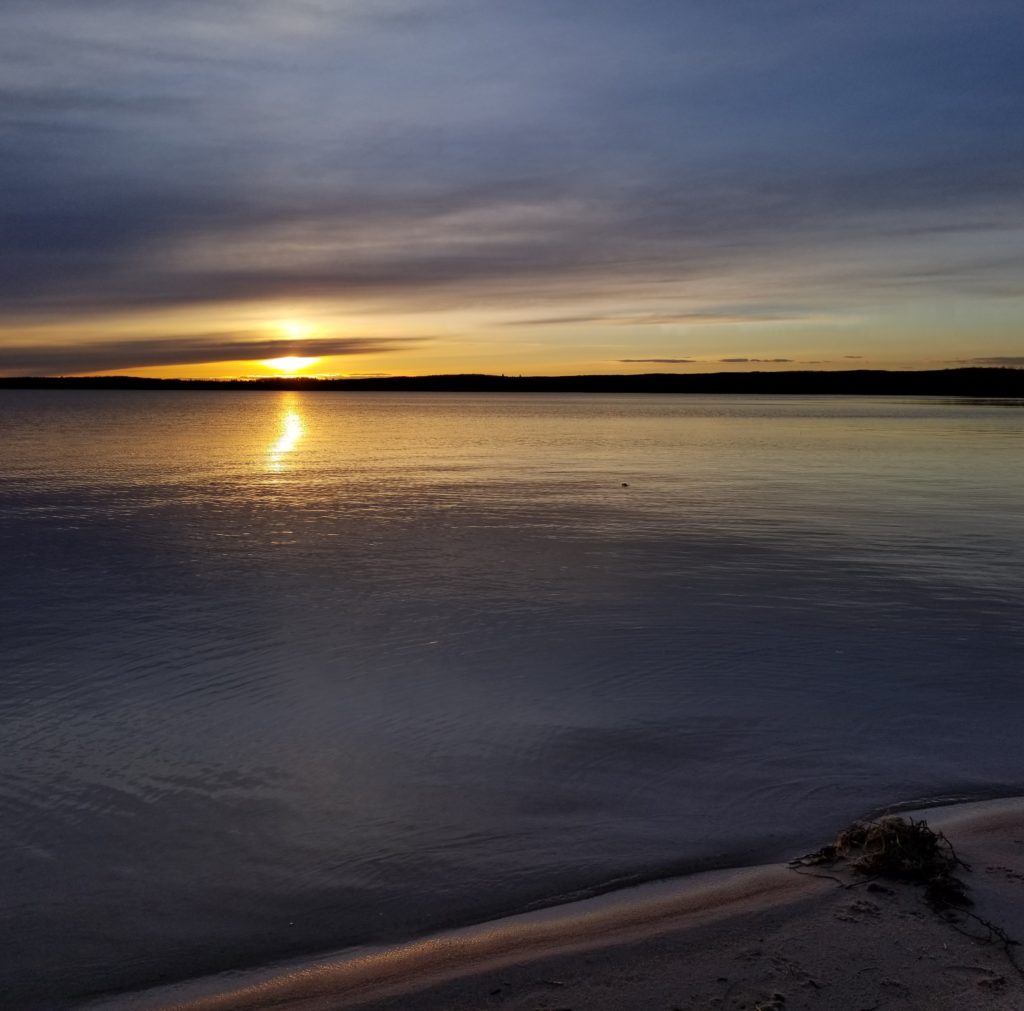
As We Gather…for this Sunday
Born in 1342 Julian of Norwich was a mystic, counsellor, and lay theologian. We commemorate her on May8th. We know little directly about her life, but what we know leaves us to think she was married, lost her husband and children to perhaps the plague. We do know she became sick herself at age 30, thought she would die, received her last rites, and had 16 visions of Jesus.
Julian did not then die, though. She lived on, secluded in a cell attached to St. Julian’s Church, as an anchoress.
What was unusual is that she wrote down short descriptions of her visions. Only later people learned they were written by her.
Though living apart she received people for counselling and became known affectionately by many. Through many years she rewrote her visions adding theological reflections in what survive today as her book Revelations of Divine Love. Her words of counsel have provided inspiration and hope for generations of people. She died at least 74 years old, sometime after 1416.

